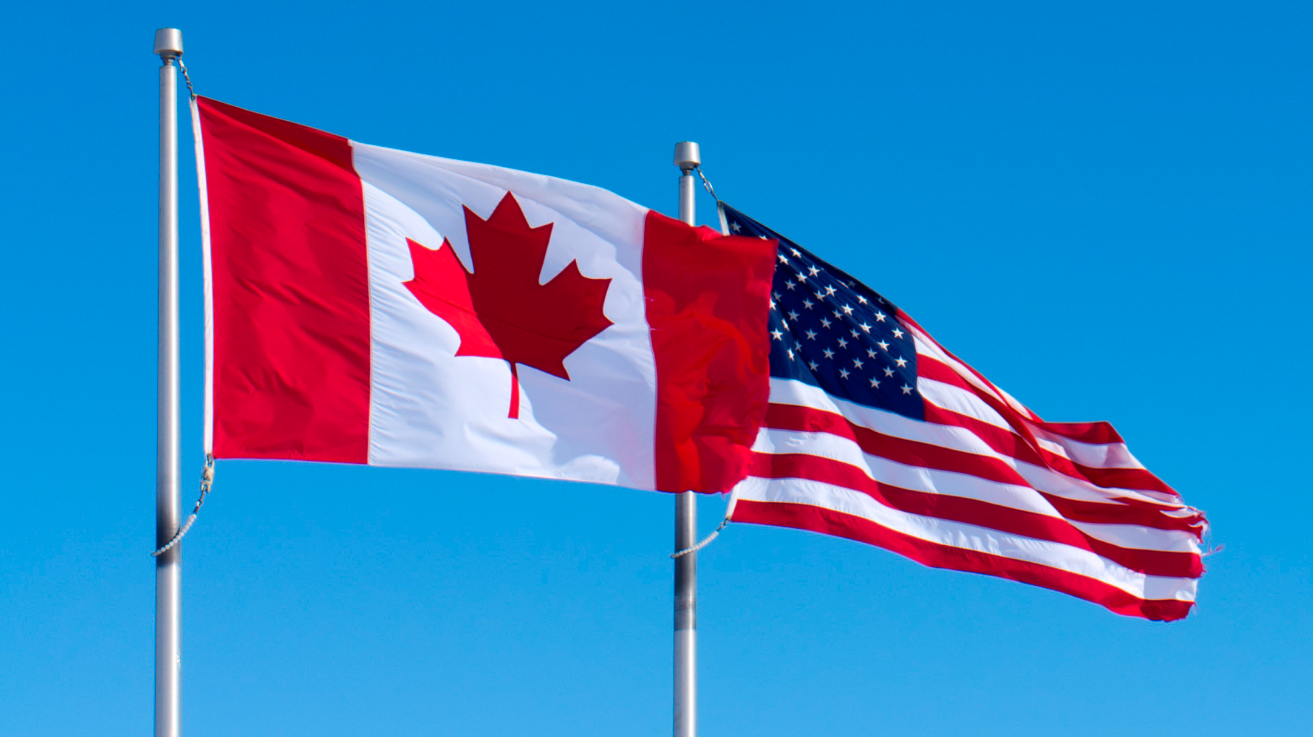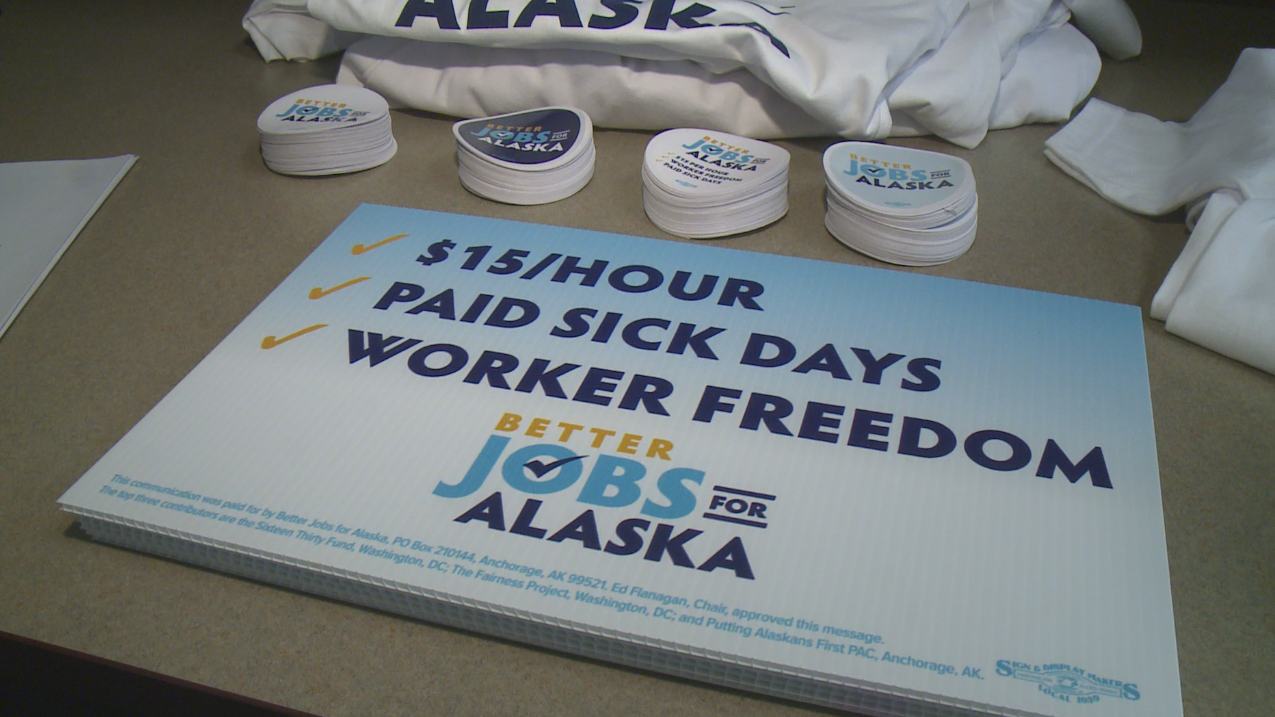The Fair Labor Standards Act (FLSA) in the United States and Canadian labor laws serve similar purposes of regulating employment practices and protecting workers’ rights. While both aim to safeguard employees and ensure fair treatment, there are distinct variances between the two systems that are essential to grasp.
Coverage
- FLSA applies to most employees in the private sector and federal, state, and local governments in the United States. It sets minimum wage, overtime pay, recordkeeping, and youth employment standards.
- Canadian labor laws are governed by federal and provincial/territorial legislation. Each province and territory has its own labor standards legislation, which may vary in coverage and specifics.
Minimum Wage
- In the United States, the federal minimum wage is set by the FLSA, currently at $7.25/hour. States have the autonomy to establish higher minimum wage rates, with 35 states having rates higher than the federal minimum wage.
- Canadian federal minimum wage applies to the federally regulated private sectors, including banks, postal and courier services, and interprovincial air, rail, road, and marine transportation. Each province and territory determines the minimum wage laws for all other industries.
Overtime
- Under the FLSA, employees are entitled to receive overtime pay at a rate of no less than one and a half times their regular rate of pay for hours worked beyond 40 in a workweek.
- Canadian overtime provisions are primarily set at the provincial level. Generally, employees become eligible for overtime pay, typically at a rate of time-and-a-half, but the hours threshold may differ. In Alberta, the overtime threshold is 8 hours a day or 44 hours a week. British Columbia follows the same eight-hour workday threshold, but employees only receive 1.5 times their standard pay for the first four extra hours. After working 12 hours, each additional hour is paid double the employee’s standard wages. In Nova Scotia and Prince Edward Island, the threshold is 48 hours a week. Throughout Canada, compensating overtime for time off in lieu is allowed, provided the accumulated leave is calculated at a rate of 1.5 hours for each overtime hour worked.
Holidays
- The Fair Labor Standards Act (FLSA) does not require employers to provide paid holidays.
- Under Canadian law, statutory holidays are designated days on which employees are entitled to a day off with pay or additional pay if they work on the holiday. These statutory holidays vary by province. When a holiday occurs, the overtime threshold is lowered by eight hours. For example, employees receive both Christmas and Boxing Day as paid holidays. If overtime typically kicks in at 40 hours, it is lowered to 24 for this week. An employee who works 30 hours receives 16 hours of holiday pay, 24 hours of regular pay, and six hours of overtime pay.
Vacation
- The Fair Labor Standards Act (FLSA) does not require employers to provide vacation.
- While mandatory vacation time does not exist across Canada, minimum entitlements are established through various legal frameworks based on provincial labor laws and employment history. In most provinces, vacation starts at two weeks and increases to three weeks at around five years of service. Federally regulated private sector employees are entitled to four weeks of vacation after ten years of service. However, employees have little to no say in when they may take their holidays. The only stipulation is that employment standards require employer-scheduled vacation time to be a minimum length, usually one week. The employer cannot sprinkle single annual vacation days to satisfy the entitlement.
Termination
- U.S. at-will employment allows for termination with little notice in most cases.
- Canadian labor laws often mandate severance packages based on an employee’s tenure.
Managing labor law compliance on both sides of the border requires diligence. Consult with legal and human resources professionals knowledgeable in the FLSA and the relevant Canadian federal and provincial regulations to ensure your business practices are aligned and reduce your risk of legal complications.
How can we help?
Time Equipment Company has experience configuring our world-class time and attendance system for both the U. S. and Canada.
For more information on how we can help your company, contact Time Equipment Company at (800) 997-8463 or sales@timeequipment.com.
*This information simplifies complex Acts as Time Equipment Company understands it. It is not to be taken as legal advice. The regulations for this program are changing. Contact the U.S. Department of Labor or the Canadian Labour Program for further information.










